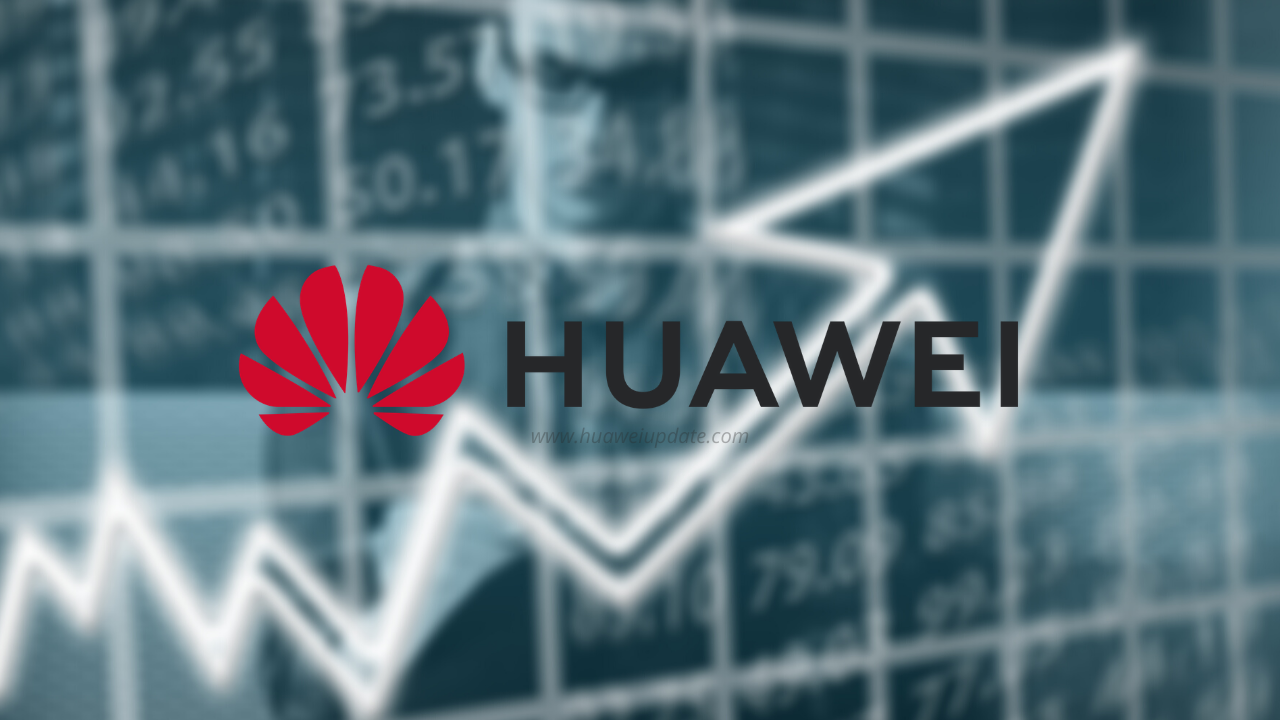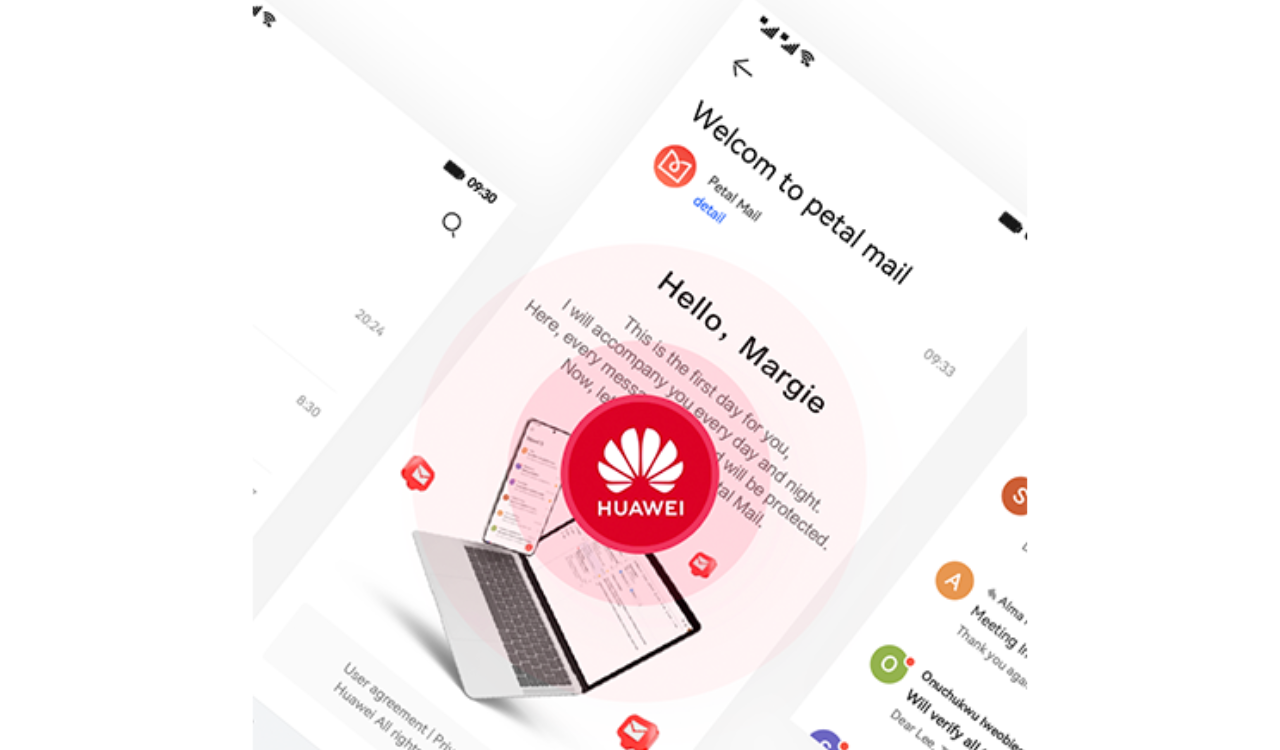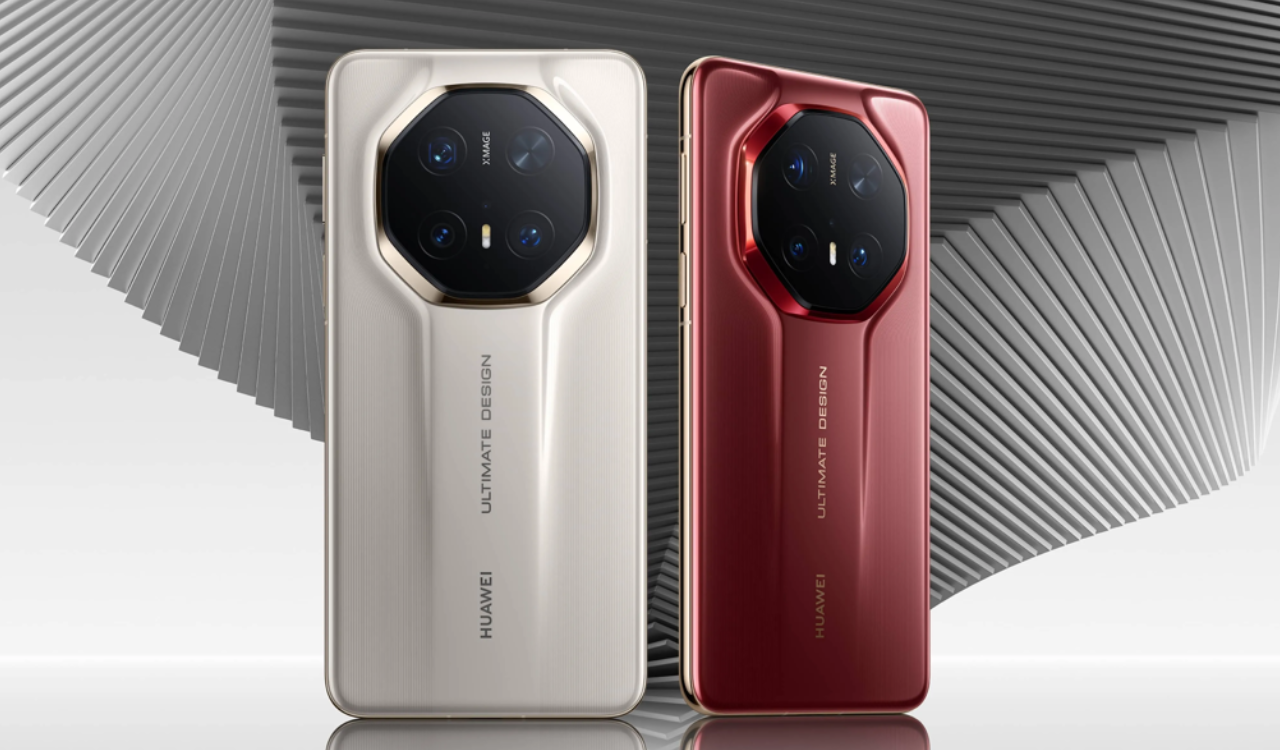Huawei News
Huawei proposes 5 basic stages of digital transformation

According to the latest report, Huawei presented the Global Connectivity Index (GCI) 2020, the seventh annual GCI report published by the company. For the first time in a GCI report, the 2020 annual edition presents the five key stages of digital transformation: work efficiency, operational efficiency, system efficiency, organizational efficiency & flexibility, and ecosystem efficiency & resilience.
The GCI report proposes the five key stages of digital transformation in the financial sector:
- Stage 1: Work efficiency. Emphasis is placed on monitoring the completion of individual tasks through basic connectivity and more effective communication.
- Stage 2: Operational efficiency. The computerized or automated functions activated by the IT & Communication Technology Solutions make it possible to simultaneously manage multiple tasks and share information.
- Stage 3: System performance. More focus is on digitizing core system functions for efficient functions. Businesses at this stage will be in greater demand for connectivity and Cloud services.
- Stage 4: Organizational efficiency & flexibility. Business processes are digitized, corporate applications are transferred to the Cloud and all systems are integrated efficiently. In addition, high-coverage networks, the widespread adoption of cloud applications, and the development of AI and IoT technology contribute to real-time data and information analysis.
- Stage 5: Efficiency and resilience of the ecosystem. The whole ecosystem is digitized, able to respond quickly to market changes and to support the automatic coordination and cross-sectoral cooperation of stakeholders. Representative technologies such as 5G , IoT and robotics present new opportunities for the emergence of new business models, working methods and products throughout the digitization process.
The GCI reports aim to provide policymakers and economic operators with valuable insights that can help them accelerate the growth of the digital economy. The 79 countries evaluated by GCI 2020 represent 95% of world GDP and 84% of the world’s population.
Huawei News
Huawei Petal Mail App will no longer be available for download

According to the official information, the Huawei released the delisting announcement of its Petal Mail App. The full text of the announcement is as follows: [translated]
Thank you for your continued attention and support to the Huawei Petal Mail App. In order to better adapt to the changing needs of product experience, service content and local markets, we have made strategic adjustments to the Huawei Petal Mail App.
The Petal Mail App will officially switch to the Email App on December 31, 2024, and the Petal Mail App will no longer be available for download from the App Store. The Petal Mail App you have installed can be used normally. We apologize for the inconvenience. You can continue to view, send or receive emails in the pre-installed Email App on your Huawei phone or use a computer browser to open the Petal Mail official website ( https://www.petalmail.com ), and your emails and personal data will not be lost.

Huawei News
Huawei Mate 70 lineup repair spare parts prices announced

Huawei released the Mate 70 series of mobile phones, with a starting price of 5,499 yuan. At present, the prices of spare parts for the new Mate 70 series have been announced on Huawei’s official website.
Huawei Mate 70 lineup repair spare parts prices announced
Battery and motherboard
Mate 70
Battery — 199
12GB+256GB — 2499
12GB+512GB — 2899
12GB+1TB — 3599
Mate 70 Pro
Battery — 199
12GB+256GB — 2899
12GB+512GB — 3299
12GB+1TB — 3999
Mate 70 Pro+
Battery — 299
16GB+512GB — 4399
16GB+1TB — 4899
Mate 70 RS
Battery — 299
16GB+512GB — 6499
16GB+1TB — 6999
Camera


Huawei News
Huawei FreeBuds Pro 4 official announcement

Huawei officially announced the new FreeBuds Pro 4 headphones. This is the first TWS headset equipped with HarmonyOS NEXT and will be officially launched at the Huawei Mate Brand Festival on November 26.
As can be seen from the poster, the headset adopts an in-ear design with black and gold color matching, and the overall shape is similar to the previous generation. With the support of the new system, FreeBuds Pro 4 is expected to bring more functional upgrades.

For reference, Huawei FreeBuds Pro 3 was released in September last year with an initial price of 1,499 yuan . It is equipped with the Kirin A2 chip that uses Polar code, supports Star Flash connection core technology and Bluetooth technology, and the new L2HC 3.0 protocol.












